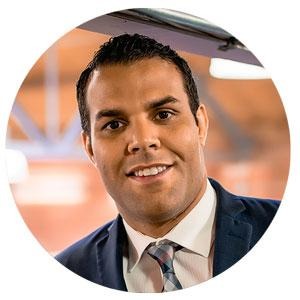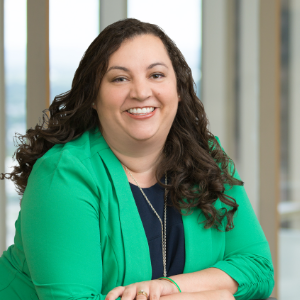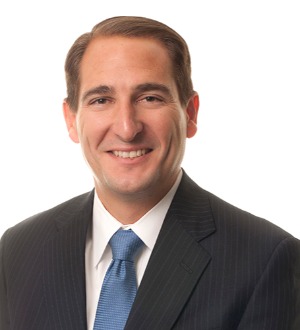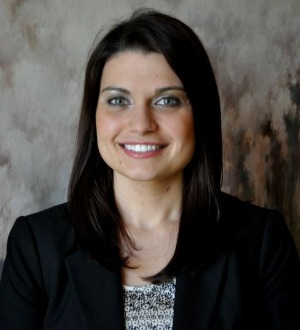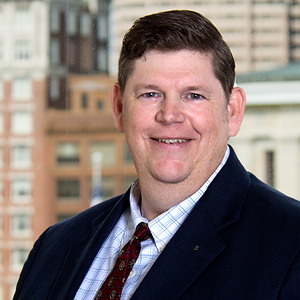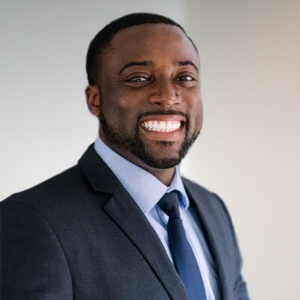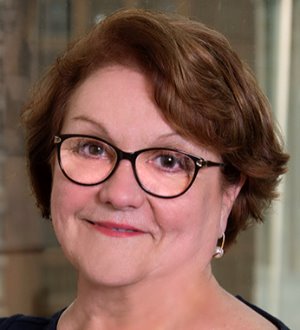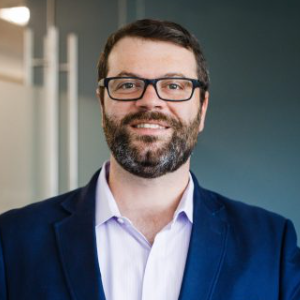I have been a trial lawyer for 16 years in New York and Colorado. I have tried both Plaintiff’s cases and Defense cases. This article is my personal perspective on the importance of having a diverse jury and some things we should be considering in voir dire. I come from a diverse background myself. I am Puerto Rican and was raised in one of the most diverse places in the world, New York.
Having practiced for half of my career in New York, diversity has always been a factor when thinking about the jurors I want on my cases. In New York, the jury panels were always so diverse. There was a wonderful mixture of males, females, and all races. At that time, I was a defense attorney, and I was taught to limit the diversity on a jury-more specifically, to keep minorities off the jury and to limit the number of women. The consensus of most defense attorneys was that minorities and women award more money than white males. I tried to limit the diversity on my juries on every defense case I tried, despite the facts of the case. There were the occasional exceptions of course, but for the most part this was my voir dire strategy, which worked well.
I have never personally factored religion into the equation, but I can recall it happening once when I was an intern for a plaintiff’s personal injury law firm. My boss took me to watch him do voir dire. I remember a young, energetic woman that really wanted to be on the jury. She happened to be Jewish. I thought she would make an excellent juror, so I was shocked when my boss used one of his peremptory challenges to knock her off. After the jury was selected and we went home for the day, I asked him about that juror. He never said these words directly but what I understood was, because she was Jewish, he did not believe she could award the kind of money he was asking for. Even as a law student, I felt this was wrong. What he did still bothers me today because it was based on a stereotype.
When I moved to Colorado and switched sides in 2013, I followed the philosophy that made the most sense to me and tried to keep my juries as diverse as I could. That was more difficult because the panels I was getting, especially in El Paso County, were not diverse at all. In fact, I recently tried a case in El Paso County where there were no Hispanics, Blacks, or Asians on the panel. That obviously caused a change in my voir dire approach. Not a change in the questions I asked, but the type of juror I was looking for. Ultimately, even with women as the only diversity on the panel, my col - league and I achieved a good verdict- not what we asked for, but much more than the defense offered before trial. That led me to think about whether we would have received a better verdict if we had a more diverse jury panel.
A month later a different colleague of mine and I tried a case in Denver where we had a diverse panel. I Looked at the panel I felt particularly good about the level of diversity. After the voir dire questions, we used our five peremptory challenges on a Hispanic male, three white males, and a white female. Based on their answers, I did not believe any of them would be good for our case. The defense attorneys, who were based out of Dallas, Texas, used their challenges to knock off most of the diverse jurors on the panel. I guess New York and Texas have more in common than I thought. We still had a diverse jury consisting of one Hispanic male, two Hispanic females, one white female, and two white males. Because of Covid, the judge wanted the alternate to deliberate; so, it was a jury of seven. At the conclusion of trial, we got a great verdict. After talking to the jury, we learned our strongest advocates were the two Hispanic females.
This verdict caused me to look back at all the Plaintiff’s trials that I have done, since I moved to Colorado nine years ago, and the makeup of each jury. In my opinion, the two best verdicts that I ever achieved were the Denver case that I previously talked about and a case a colleague of mine and I tried in Pueblo County in 2018. That trial was difficult, but we achieved a good verdict. The jury was very enthusiastic about talking to us after the trial. The jury consisted of five females and one male. Four of the female jurors were His - panic. Three of the four Hispanic jurors told us they wanted to award more than what we asked for and the other Hispanic female wanted to award what we asked for. The other two white jurors wanted to give us less. Ultimately, they com - promised and awarded what we asked for. This was either an affirmation of my beliefs about how important diversity is in the voir dire process, or Hispanic females are my target audience.
All-White Juries Versus Diverse Juries
I decided to investigate why diverse juries tend to lead to better verdicts. The textbook answer is diverse juries consist of multiple backgrounds and opinions, which lead to better reasoning and discussion and higher quality verdicts. A jury that lacks diversity or a homogenous jury consists of people with similar mindsets and biases, which leads to less discussion and poor-quality verdicts.
In 1972, Justice Thurgood Marshall addressed the issue of racial diversity and juries in the U.S. Supreme Court ruling, Peters v. Kiff. 1
"When any large and identifiable segment of the community is excluded from jury service, the effect is to remove from the jury room qualities of human nature and varieties of human experience, the range of which is unknown and perhaps unknowable. It is not necessary to assume that the excluded group will consistently vote as a class in order to conclude, as we do, that its exclusion deprives the jury of a perspective on human events that may have un suspected importance in any case that may be presented.2"
Social science research supports Justice Marshall’s observations and has found that diverse juries are more likely to come to a just result than nondiverse juries.
A 2008 study by Neil Vidmar & Valerie P. Hans found that “diverse juries promote vigorous debate, which encourages jurors to examine a case’s facts and evidence more carefully.” Their research also showed that diverse juries have an edge in fact-finding, especially in civil matters that involve social norms and judgments such as negligence.3
Samuel R. Sommers Study
The most comprehensive study I found was a 2006 study by Samuel R. Sommers.4 In the study, Sommers examined mock jury deliberations be tween all-white juries compared to diverse juries. Sommers asked 30 different mock juries, each composed of six adults, to watch a video summary of a real case. Sommers attempted to make the mock trial as much like a real trial as possible. The study was con duct ed in a courthouse. Participants were jury eligible adults who were at the Court for real jury duty. Their age ranges were 18- 78. Half the juries were all-white, and the other half were made up of four white jurors and two Black jurors.
The study showed that the racially diverse juries deliberated longer, dis - cussed more trial evidence, and made fewer factually inaccurate statements when discussing the evidence than did all-white juries. The study did not show that all-white juries were any less thorough or accurate then the diverse juries, but, in diverse juries, all members of the group took more care to examine the evidence and reflect critically. This does not mean we don’t want white jurors. White jurors are essential to make a diverse jury.
The research also showed that a diverse jury encourages its members to examine their own beliefs in preparation to defend them and convince others who have differing viewpoints. Likewise, in the face of challenges to one’s beliefs or positions, members are more likely to abandon their positions that cannot be supported by the evidence. Sommers concludes, the results make the benefits of diverse juries not just more concrete but readily attained.
Conclusion
The true essence of diversity in voir dire is to benefit our clients, to be free from favor towards either or any side. Having a diverse jury helps us to achieve better outcomes and ultimately justice for our clients. Diverse juries force individual jurors to step outside of their comfort zones to see how other people think and maybe challenge their own opinions. That tends to lead to better results at trial. My experiences as a Puerto Rican man may be vastly different than yours. However, I feel that we can all learn a lot from diversity of opinions. Like jurors, we can learn a lot from stepping outside of our com - fort zones to see how other people think and maybe challenge our own opinions. I feel this practice has made me a better trial lawyer and person.
